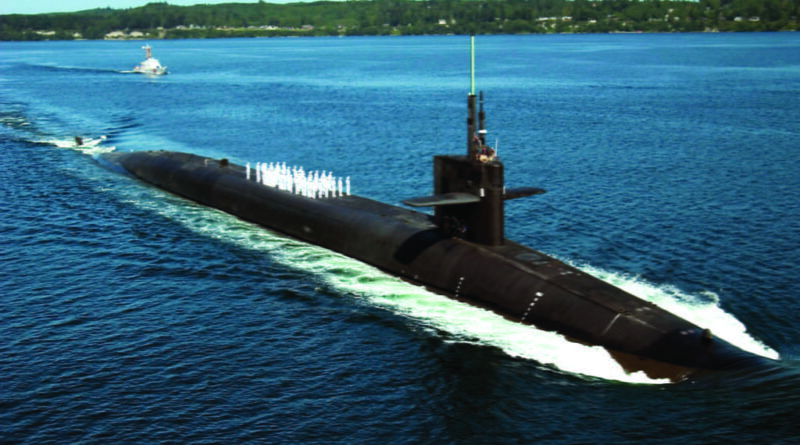India Advances in Free Trade Agreement Negotiations with EU
India is pushing forward in its discussions with the European Union for the finalization of a free trade agreement, as stated recently by the country’s External Affairs Minister. During his speech in India’s capital, he advocated for enhanced inter-sector cooperation, placing particular emphasis on the defence and tech sectors. His vision involves a significant increase in trade between the two entities. However, there are still considerable obstacles that remain in the path of their negotiations, primarily centred on the issue of tariffs on various goods.
The European Union has been advocating for India to reduce its tariffs on certain products, particularly automobiles and dairy items. Along with these requests, the EU has also urged India to adopt stricter standards in environmental and labour matters. In contrast, India is adamant about safeguarding its agricultural sector, pushing back on stringent environment-related regulations, and maintaining jurisdiction over legal disagreements.
The Indian minister remains optimistic for a positive and ‘decisive conclusion’ to the free trade agreement negotiations in the near future. Hints were dropped that the agreement could reach a closure ‘in the next months’. He further commented that if trade obstacles are introduced by other nations, India should act by reducing its own.
India’s trade history reveals a significant relationship with Germany, one of the EU’s largest economies. During the 2025 fiscal year, bilateral trade between the two nations surged to a vast $29.52 billion, marking a new milestone. Germany identifies India as one of its most significant non-EU trade partners, with exports of goods and services to India reaching a commendable US$ 10.54 billion.
Navigating a climate of recent economic uncertainties, tensions have arisen between India and the United States. These originated from the US government’s action to double tariffs on Indian imports and introduce an additional levy of 25 percent. The objective behind this move was to deter India from acquiring discounted oil from Russia, framing the transaction as a funding source for Russia’s military actions in Ukraine.
India mounted a spirited defence against these allegations, pointing out what it perceives as double standards from the US and the European Union. The country criticised these powers for their reproach of India’s relationship with Russia, whilst maintaining their own robust trade ties with Moscow. In the midst of global trade and economic complexities, both parties advocated for amplified collaboration.
The Indian Minister commended the country’s massive strides in the technological domain. Within the scope of the discussions, geopolitical factors emerged as an additional focal area. Amongst the important talking points were the evolving dynamics of China’s role in the Indo-Pacific and the persisting conflict between Russia and Ukraine.
There’s a significant link between the stability in the Indo-Pacific and European security, as noted by the Indian minister. He underscored the need for quicker export licensing, further joint military drills, and a boost in defense and armament cooperation between involved countries.
German defence conglomerate, ThyssenKrupp Marine Systems (TKMS), has recently signed a Memorandum of Understanding (MoU) with VEM Technologies, based in Hyderabad, India. This MoU pertains to the development, integration, and modernisation of heavyweight torpedoes within India’s territories.
TKMS indicated that this initiative will be reinforced by its subsidiary entity, Atlas Elektronik. Domestic facilities will also serve as the base for testing and integration ventures. Assuredly, this partnership is a key step in defence modernisation for India.
As the world navigates through complex geopolitical and trade issues, cooperation between India and the European Union signifies a promising avenue for mutual growth. With their shared interests in areas like defence and technology, the potential of their partnership remains significant.
The negotiations, though marked by challenges, echo the larger global discourse around trade agreements, tariffs, and sector protections. Both India and the EU stand to gain substantially from this agreement, which only emphasizes why it is pivotal for them to find common ground.
However, external factors also play influencing roles. The tensions with the US over India’s relations with Russia point to a complex web of international relations that could impact these negotiations. This underscores the need for transparency, mutual respect, and a shared understanding of the greater global landscape.
With the backdrop of geopolitical issues, from China’s Indo-Pacific influence to the ongoing Russia-Ukraine conflict, the stakes for these discussions are heightened. The manoeuvring of these complexities can help foster stronger relationships and build a more secure global economy.
Equally important is the evolving role of technology in these discourses. With India’s rapid growth in the tech sector, it stands to become an even more significant player on the global stage. The emphasis on this in the talks with the EU can help better position India-EU relations within the global technological landscape.
Finally, India’s recent partnerships in the defence sector, particularly the MoU with Germany’s TKMS for torpedo modernisation, only strengthen India’s position within the international defence domain. This collaborative approach in defence and technology platforms sets the stage for a promising future for both India and the European Union.

